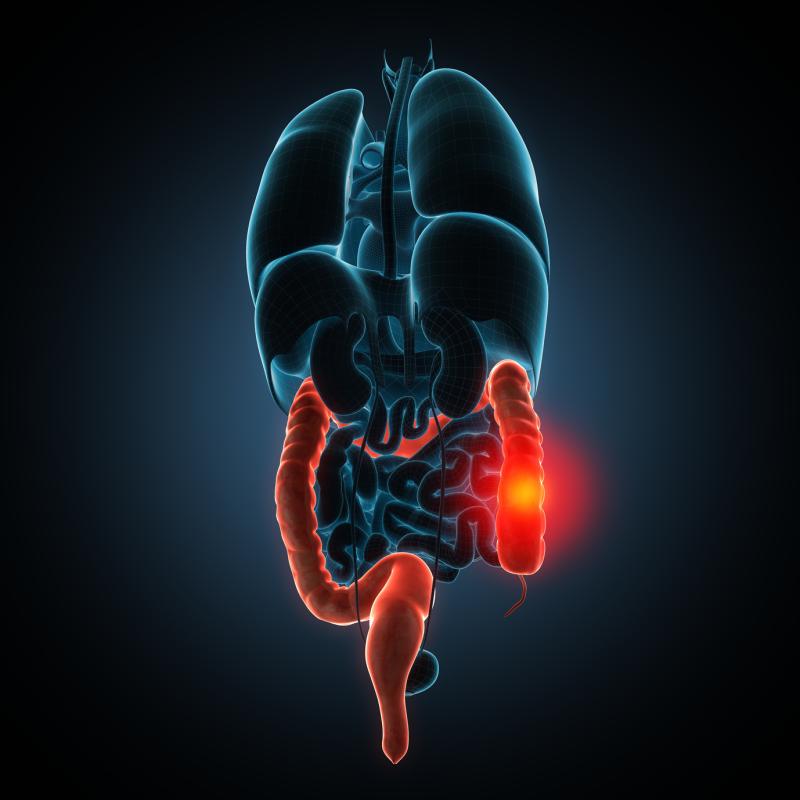
Poor health literacy, functional status and number of daily medications are significantly associated with inadequate bowel preparation, which is a problem that accounts for the reduced yield of screening and increased healthcare cost, according to a study in a tertiary care setting.
A cross-sectional survey was performed in patients undergoing outpatient colonoscopy within the Johns Hopkins Health System to identify factors impacting the quality of bowel preparation.
Inadequate bowel preparation was defined as a Boston Bowel Preparation Score (BBPS) of <5. The strength of the association for selected factors with a BBPS <5 was assessed using Fisher’s exact, χ2 tests, and univariate and multivariate binary logistic regression.
A total of 467 patients (76.3 percent response rate) completed the survey between August 2017 and October 2017. The median BBPS was 7. Of the participants, 81.4 percent had an adequate bowel preparation (BBPS ≥5).
Factors associated with bowel preparation adequacy were as follows: level of education, health literacy, functional status, income and medication burden.
After adjusting for other factors, inadequate bowel preparation was significantly associated with poor confidence in filling forms (odds ratio [OR], 24.1; p<0.001), multiple daily prescription medications (OR, 12.49; p=0.02) and poor functional status (OR, 2.82; p=0.03).
“Inadequate bowel preparation is encountered in 17–32 percent of colonoscopies performed in the US,” the authors said. “Suboptimal colonic visualization reduces the yield of screening colonoscopies and increases healthcare costs because of longer procedure times and aborted procedures.”